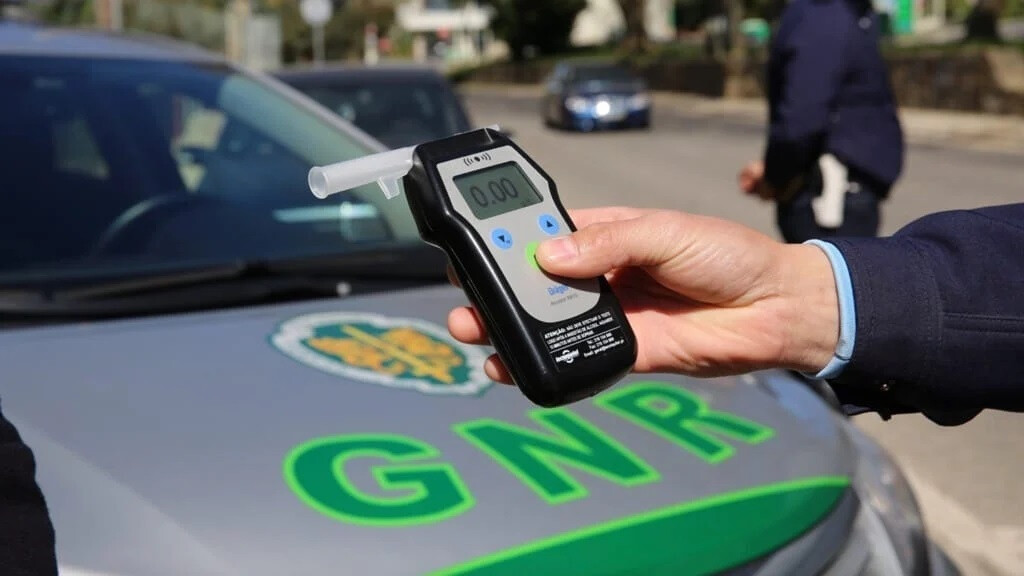
LISBON, Portugal – Portugal is set to engage in a public consultation regarding a proposal to significantly reduce the legal blood alcohol limit for drivers, from the current 0.5 grams per liter (gm/l) to 0.2 gm/l. This move aims to curb drink-driving incidents, which remain a major cause of road accidents in the country.
The proposal, part of the National Road Safety Strategy, comes amid concerns that despite ongoing traffic campaigns, a substantial number of drivers continue to operate vehicles under the influence of alcohol. While the reduction is expected to increase state revenue through fines, the central question remains whether it will effectively deter drivers from taking to the road after consuming alcohol.
Currently, Portugal maintains a dual standard: 0.5 gm/l for most drivers and 0.2 gm/l for professional drivers and those with provisional licenses. The proposed uniform reduction to 0.2 gm/l aligns with measures already implemented in other European nations.
The Association of Self-Mobilised Citizens supports the proposal, asserting that it is a "reasonable step" in combating drink-driving. "I think it's reasonable for us to accept that we need to combat drink driving and so reducing the blood alcohol level to 0.2 for everyone makes perfect sense," said Manuel João Ramos, the association's president, to SIC.
However, the association emphasizes that a reduction in the legal limit must be accompanied by a comprehensive understanding and addressing of youth alcoholism and excessive drinking across all age groups. Ramos highlighted the need to tackle society’s perception of drinking and driving, rather than focusing solely on enforcement.
He drew a contrast with Nordic countries, where a "zero tolerance" culture prevails, promoting complete abstinence from driving after consuming alcohol.
Despite the existing legal limits, data from the National Road Safety Authority indicates that alcohol remains a leading factor in road accidents in Portugal, underscoring the urgency of the proposed policy change. The public consultation will play a crucial role in determining the future of drink-driving regulations in the country.
[Copyright (c) Global Economic Times. All Rights Reserved.]






























